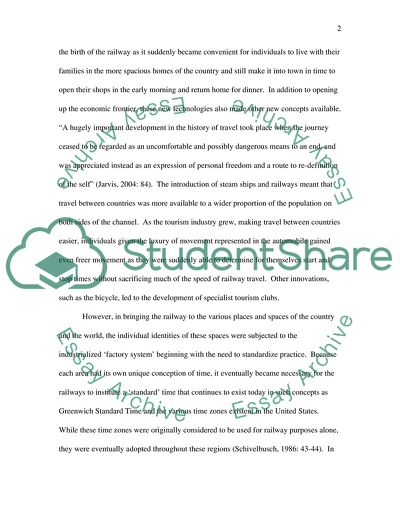Cite this document
(Tourism as a Means of Colonialism Essay Example | Topics and Well Written Essays - 1750 words - 22, n.d.)
Tourism as a Means of Colonialism Essay Example | Topics and Well Written Essays - 1750 words - 22. https://studentshare.org/tourism/1726851-essay
Tourism as a Means of Colonialism Essay Example | Topics and Well Written Essays - 1750 words - 22. https://studentshare.org/tourism/1726851-essay
(Tourism As a Means of Colonialism Essay Example | Topics and Well Written Essays - 1750 Words - 22)
Tourism As a Means of Colonialism Essay Example | Topics and Well Written Essays - 1750 Words - 22. https://studentshare.org/tourism/1726851-essay.
Tourism As a Means of Colonialism Essay Example | Topics and Well Written Essays - 1750 Words - 22. https://studentshare.org/tourism/1726851-essay.
“Tourism As a Means of Colonialism Essay Example | Topics and Well Written Essays - 1750 Words - 22”. https://studentshare.org/tourism/1726851-essay.


